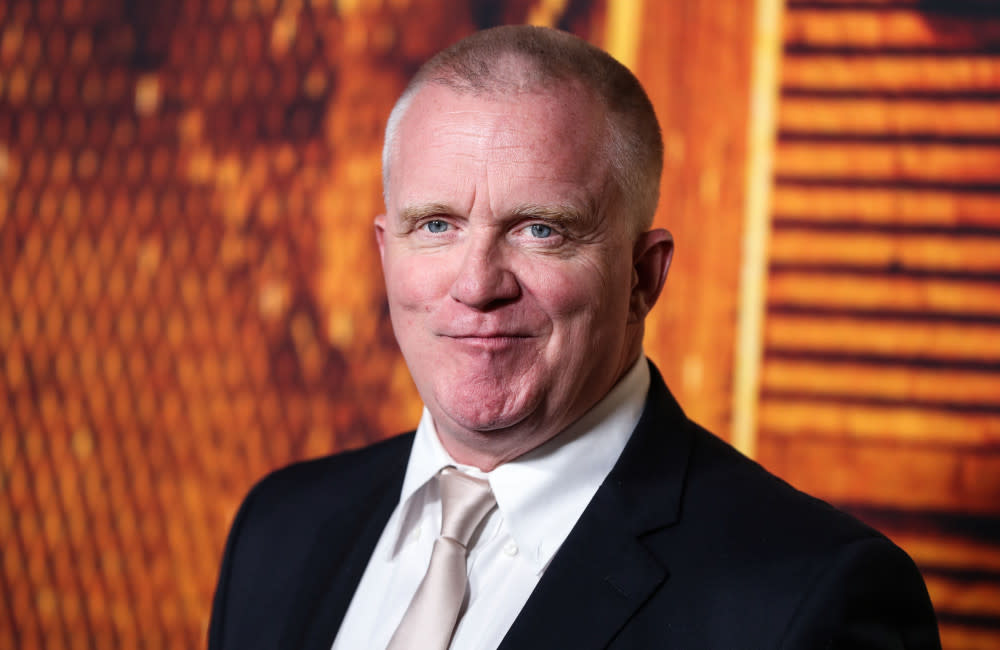Anthony Michael Hall took 20 years to 'process' child fame

Anthony Michael Hall took 20 years to "process" the first half of his life after shooting to fame as a child star.
'The Breakfast Club' actor launched his career in showbiz at the age of seven and went on to become a teen idol thanks to his collaborations with director John Hughes in the 1980s but Anthony, now 56, has admitted it took him two decades to understand his early experiences.
He told the Guardian newspaper: "I joke with my family that it took me 20 years to process the first 20 years of my life. By my early 40s, it started to make some sense. It’s a weird thing when you start getting recognition, particularly at that age, when you’re already self-conscious ... My life was surreal."
Anthony confessed he started partying hard while living at a hotel in Los Angeles and needed to step away from the movie business for several years in his 20s. During his break, he started therapy and began to curb his drinking.
He added: "I had to get that in check because I was a little bit of a wild ass when I was a kid."
Anthony also met up with his estranged biological father who he hadn't seen since he was very young and he admitted that experience was "healing".
He went on to add: "[I learned] the value of what had happened to me, and that came through hard work. I had to really earn it. There’s a certain point where the stuff you do as a kid doesn’t work any more, so I had awkward periods and I struggled through my 20s to keep going."
Anthony previously compared his early fame to a horror movie, telling The Independent newspaper: "Fame was off-putting and kind of scary.
"It’s not unlike a horror movie. When celebrity hits you, all of a sudden people are staring at you and looking at you in odd ways. Even though I was just a pubescent teenager, suddenly I was thrown into this world of showbusiness.
"You don’t know what people are thinking, people are whispering about you, and it’s a strange thing to have to adjust to."
He added: "Over time, you put it in perspective because, look, you should be more worried when people are forgetting you. "If they don’t remember you, that’s when you should be worried."

 Yahoo News
Yahoo News 
